|
|
Running a successful pay-per-click (PPC) campaign is more than just setting up ads and bidding on keywords. The real power of PPC lies in tracking performance metrics, analyzing user behavior, and optimizing campaigns based on data-driven insights. Without an effective performance tracking strategy, businesses risk wasting ad spend on clicks that don’t convert, failing to identify opportunities for improvement, and missing out on maximizing their return on investment (ROI).
Many advertisers focus only on surface-level metrics such as click-through rates (CTR) and impressions, but truly effective PPC tracking goes deeper. It involves understanding conversion paths, customer behavior, ad interactions, and attribution models to determine what’s driving success and where adjustments need to be made. By leveraging the right tracking tools and methodologies, businesses can pinpoint which ads, keywords, and landing pages generate the best results while eliminating inefficiencies that lead to wasted spend.
With insights from WiFi Digital, a leader in PPC optimization and digital marketing analytics, this expert guide explores the most effective PPC performance tracking techniques. From setting up conversion tracking to using advanced attribution models and data analysis tools, businesses will learn how to take full control of their paid advertising efforts to drive higher conversion rates and increased revenue.
Setting Up Accurate PPC Conversion Tracking for Actionable Insights
One of the most critical components of PPC performance tracking is properly configuring conversion tracking. Many advertisers assume that tracking only clicks is enough, but clicks alone do not guarantee conversions. To measure campaign effectiveness, businesses must track what happens after the click—whether it’s a purchase, form submission, phone call, or other valuable action.
Google Ads, Facebook Ads, and Microsoft Advertising all offer built-in conversion tracking tools, allowing advertisers to define specific actions as conversions. Setting up conversion tracking starts with Google Tag Manager (GTM) or direct installation of tracking codes on a website. The Google Ads conversion tracking tag should be placed on the thank-you page, checkout confirmation page, or any other post-conversion page to ensure that each completed action is recorded.
Beyond basic conversion tracking, businesses should also implement enhanced conversion tracking, which captures first-party data such as email addresses or phone numbers to improve attribution accuracy. Platforms like Facebook Ads use Facebook Pixel to track user interactions across devices, enabling cross-channel retargeting and advanced analytics.
Another key aspect of PPC tracking is call tracking, which is crucial for businesses that generate leads via phone calls. Tools like CallRail and Google Call Tracking allow advertisers to track which PPC ads are driving the most phone inquiries, linking calls back to specific keywords and campaigns. By implementing comprehensive conversion tracking, businesses can measure campaign success beyond just clicks and impressions, ensuring that ad spend is allocated toward efforts that drive real results.
Leveraging Google Analytics and UTM Parameters for Deeper Analysis
While platform-native tracking tools provide valuable insights, businesses must also integrate Google Analytics to gain a more comprehensive view of user behavior. Google Analytics allows advertisers to track session duration, bounce rates, multi-channel funnels, and assisted conversions, offering a deeper understanding of how PPC traffic interacts with a website.
One of the most powerful ways to enhance PPC tracking in Google Analytics is by using UTM parameters. These are custom tracking codes added to ad URLs, which help advertisers differentiate between various campaigns, ad groups, and targeting methods. By appending UTM parameters to landing page URLs, businesses can see exactly which campaign, ad creative, or keyword drove the most valuable interactions.
For example, a properly structured UTM tag might look like this:https://example.com/landing-page?utm_source=google&utm_medium=cpc&utm_campaign=summer_sale&utm_term=running_shoes
Each component of the UTM tag provides critical data about the traffic source, campaign, and keyword performance, allowing advertisers to optimize campaigns based on granular insights.
Beyond UTM tracking, businesses should utilize Google Analytics’ Goal Tracking to measure key conversions such as completed purchases, form submissions, or time spent on site. Setting up event tracking within Google Analytics enables businesses to analyze specific user actions, such as video views, button clicks, or scroll depth—valuable insights for improving landing page engagement.
By leveraging Google Analytics and UTM tracking, businesses can gain a 360-degree view of PPC performance, identifying which ads drive the highest engagement and optimizing accordingly for better results.
Understanding Attribution Models to Optimize PPC Spend
A common mistake in PPC performance tracking is relying solely on last-click attribution, which gives full credit to the final interaction before conversion. While last-click attribution is simple, it fails to account for the multi-touch nature of the customer journey. Many users interact with multiple ads, organic search results, and retargeting campaigns before making a final decision.
To gain a more accurate picture of which PPC efforts contribute to conversions, businesses should explore multi-touch attribution models, including:
- First-Click Attribution: Gives full credit to the first interaction, ideal for analyzing the impact of top-of-funnel brand awareness campaigns.
- Linear Attribution: Distributes credit evenly across all touchpoints, useful for businesses with longer sales cycles.
- Time-Decay Attribution: Assigns more value to touchpoints closer to the conversion, effective for analyzing the role of remarketing campaigns.
- Position-Based (U-Shaped) Attribution: Gives 40% credit to both the first and last touchpoints, with 20% distributed across other interactions, useful for understanding lead nurturing efforts.
- Data-Driven Attribution: Uses machine learning to analyze past conversion paths and assign credit accordingly, providing the most accurate performance insights.
Google Ads offers data-driven attribution as a default setting for accounts with sufficient conversion volume, enabling businesses to see which keywords, ad formats, and placements contribute most to conversions. By shifting away from last-click attribution and adopting multi-touch attribution models, businesses can make smarter budget allocation decisions, ensuring that credit is given to the most impactful ad interactions.
Using Real-Time Dashboards and AI-Driven Insights for Continuous Optimization
With an increasing number of PPC data points to analyze, businesses need real-time dashboards and AI-powered insights to make informed decisions. Google Ads, Facebook Ads, and third-party tools like Google Data Studio, SEMrush, and HubSpot provide interactive dashboards that consolidate performance metrics, audience behavior, and campaign trends in a single view.
AI-driven optimization tools like Google’s Smart Bidding and Predictive Analytics automatically adjust bids based on historical performance data, user behavior patterns, and competition levels. These tools help businesses identify performance trends and adjust bidding strategies in real time without manual intervention.
Automated rules and scripts further enhance PPC tracking and optimization by setting performance-based triggers. For example, an advertiser can set an automated rule to pause underperforming ads, increase bids for high-converting keywords, or adjust budgets based on dayparting data.
By integrating AI-driven insights and real-time tracking dashboards, businesses can stay ahead of PPC fluctuations, react instantly to performance changes, and continuously refine their advertising strategy.
Effective PPC performance tracking is essential for maximizing ad spend efficiency, improving campaign performance, and driving higher conversion rates. Businesses that rely on advanced tracking techniques, attribution modeling, and real-time analytics gain a competitive edge by making data-driven decisions that lead to better results at lower costs.
By implementing comprehensive conversion tracking, leveraging Google Analytics, refining attribution models, and utilizing AI-driven insights, advertisers can uncover hidden optimization opportunities and allocate budgets toward the most profitable strategies. PPC success is not just about running ads—it’s about measuring, analyzing, and continuously optimizing for long-term growth.
With expert guidance from WiFi Digital, businesses can fine-tune their PPC tracking techniques, ensuring data-backed advertising decisions that lead to sustainable success. Now is the time to refine your approach and take full control of your PPC performance tracking for maximum impact.
WiFi Digital: Connecting Businesses to the Digital Future
In today’s fast-paced world, where a strong digital presence is essential for business growth, WiFi Digital emerges as a strategic partner for small and medium-sized businesses (SMBs). Founded in 2023 and based in London, Ontario, the company has a clear mission: to provide affordable, high-quality solutions that help businesses thrive online. With an experienced and passionate team, WiFi Digital goes beyond simply creating websites and marketing strategies. Its purpose is to empower entrepreneurs, strengthen brands, and give clients more free time to focus on what truly matters – growing their business and improving their quality of life.
WiFi Digital develops websites that authentically and professionally represent your brand, optimizes systems and digital marketing strategies to enhance visibility and return on investment (ROI), and offers affordable, customized solutions, ensuring that businesses of all sizes have access to effective growth tools. With transparency, partnership, and innovation, the company provides each client with the necessary support to achieve real results.
Business digitalization is not just about numbers or metrics. It directly impacts entrepreneurs’ well-being, bringing more organization, efficiency, and freedom to focus on what truly matters. WiFi Digital understands that by investing in digital solutions, businesses gain time, reduce operational stress, and create opportunities to connect better with their customers. A well-structured online presence not only increases sales but also strengthens the public’s trust in the brand.
Beyond technical expertise, WiFi Digital’s key differentiator is its commitment to people. The company values genuine relationships, creates tailored strategies, and works side by side with clients to ensure that every solution meets their specific needs. If you’re looking to boost your brand, attract more customers, and still have more time to focus on what truly matters, now is the time to act!







